Media
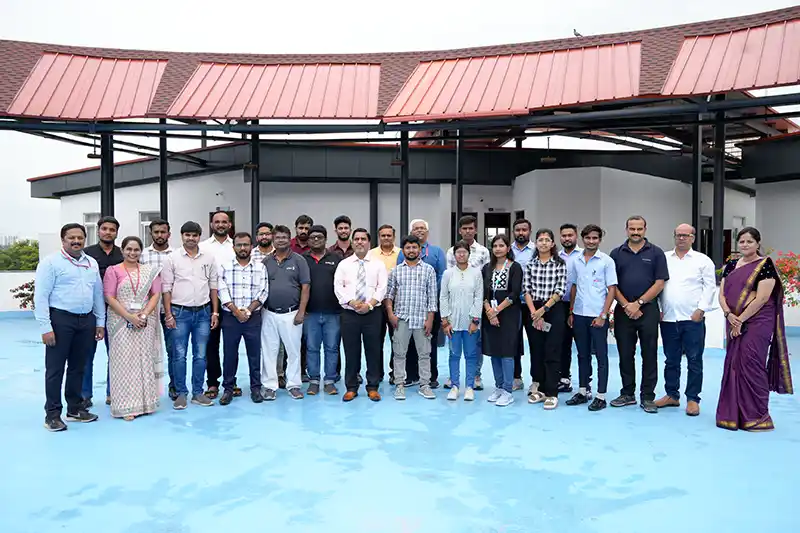
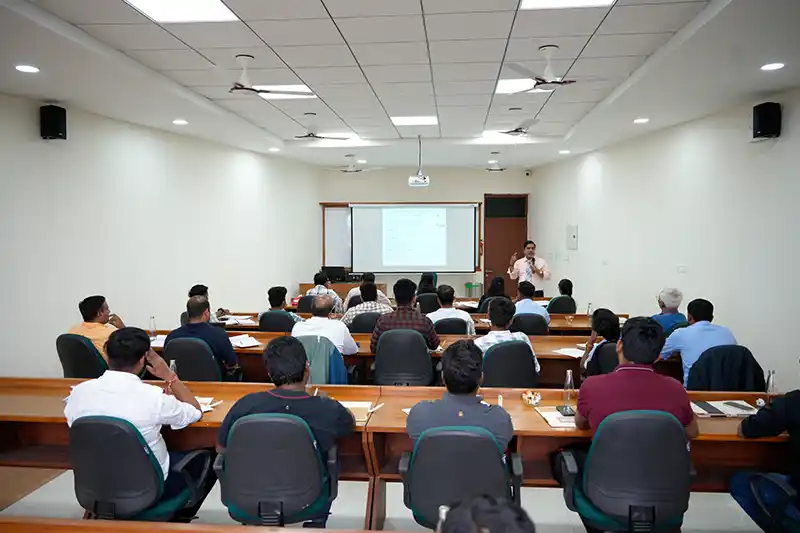
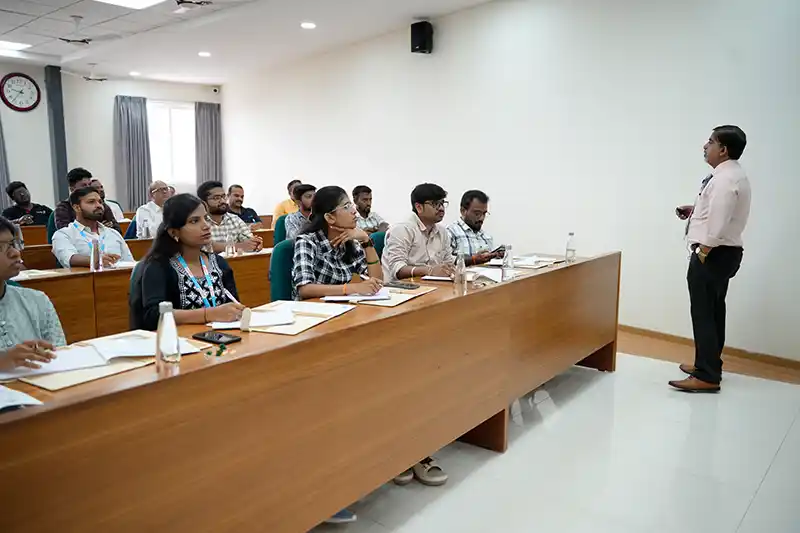
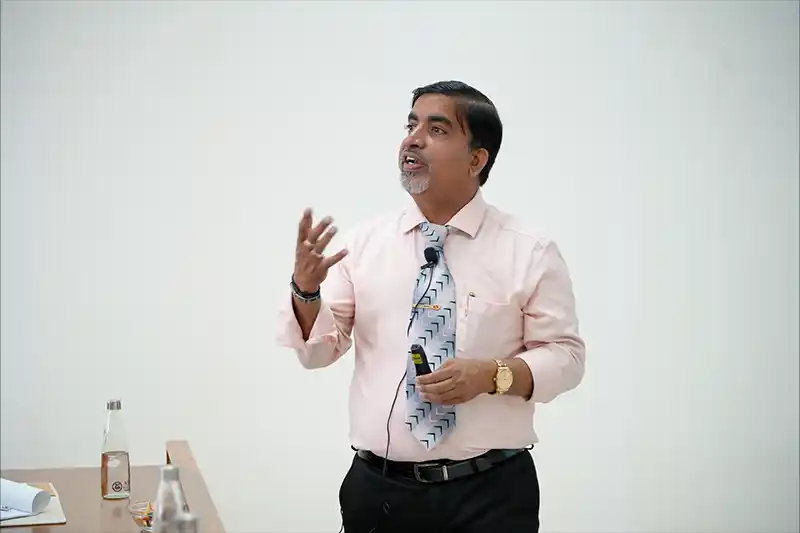
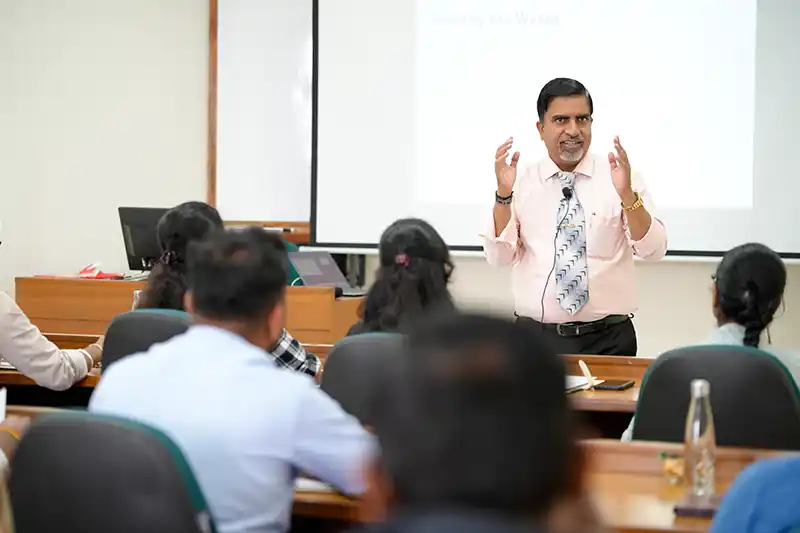
Introduction
Alliance University recently conducted a one-day workshop on Lean Management under its Management Development Programme (MDP). The workshop was designed to help participants revisit organisational processes, reduce inefficiencies, and enhance productivity through structured methods of improvement.
The Workshop
The session was led by Dr. S. M. Jagadish, who guided participants through interactive lectures, case studies, hands-on activities, and simulations. The approach created a balanced environment for both conceptual understanding and practical application. Participants were encouraged to explore how Lean tools can be applied in real situations and how continuous improvement can be built into everyday practices.
Key Learning Areas
The workshop introduced participants to a set of Lean management tools and methods. These included the use of 5S, Kaizen, Standard Work, and Visual Management. Through discussions and activities, participants also learnt to apply Value Stream Mapping (VSM) to identify areas of improvement within processes. A recurring theme during the workshop was the importance of developing a culture that supports problem-solving and continuous improvement, which in turn can contribute to long-term organisational efficiency.
Engagement and Outcomes
Participants actively engaged with the exercises and discussions, which created a collaborative environment throughout the day. The combination of practical simulations and theoretical inputs allowed attendees to leave with strategies that could be implemented in their own contexts. The programme highlighted the role of Lean initiatives in helping organisations strengthen their operations and sustain efficiency over time.
Conclusion
The workshop formed part of Alliance University’s continuing efforts to provide meaningful professional development opportunities. By creating spaces for learning and collaboration, the University aims to support professionals in acquiring skills and perspectives that can contribute to effective management practice. The University extends its appreciation to all the participants whose involvement made the session both engaging and purposeful.
